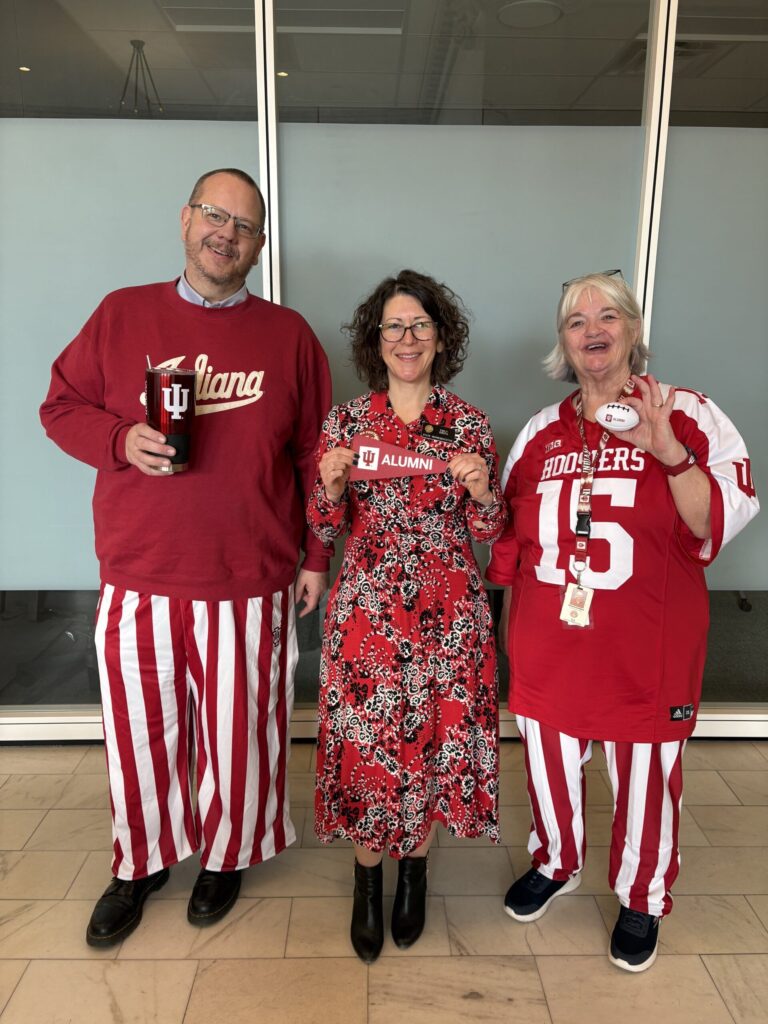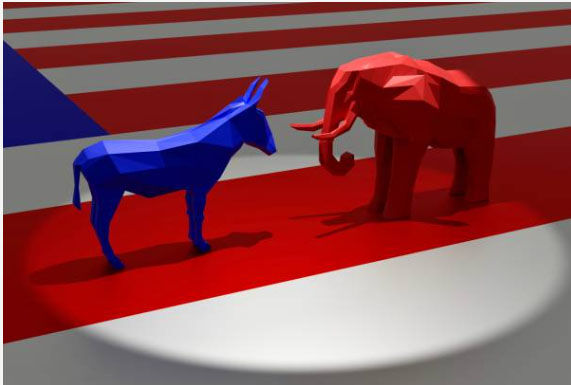Magic mushrooms’ phony premise — and deadly reality | Denver Gazette
An arrest last week in connection with the heartbreaking death in June of a teenage boy in Boulder is a wake-up call for all Colorado parents.
It serves, in part, as a sobering reminder of the treacherous terrain posed by social media — a virtual bazaar for illicit drug transactions.
News reports say Benjamin Charles Harmon, 23, who is in custody on a $100,000 bond, allegedly arranged on Snapchat to sell illegal drugs to 15-year-old Ames O’Neal. Harmon now faces charges including distribution of controlled substances to a minor.
Stay up to speed: Sign up for daily opinion in your inbox Monday-Friday
Police say the suspect, whose rap sheet features assault, menacing and drug possession, had been using the app to set up sales with multiple customers.
O’Neal’s tragic death also sounds the alarm anew for parents about the perils to our youth of “magic mushrooms” and other dangerous hallucinogens legalized by Proposition 122 in 2022.
That’s right; O’Neal didn’t die from overdosing on an opioid like fentanyl, which of course is taking a devastating toll of its own on Colorado’s youth.
Instead, the boy climbed a crane at a construction site in Boulder and fell 145 feet to his death.
The autopsy found he had been under the influence of psilocin — the psychoactive ingredient in some varieties of psychedelic mushrooms — which police allege he bought from Harmon in a Boulder park on June 8. O’Neal had eaten the mushrooms with some friends the day of his death on June 20.
The same supposed wonder drug touted by its hucksters as “therapy” for emotional and psychological maladies such as PTSD — ended the life of another vulnerable teen. And now, hallucinogens will be more abundant in our state, and in our kids’ hands, than ever.
We’ve said it all along: Proposition 122 hoodwinked Colorado voters. The measure was backed by big money from out of state and sold as a miracle cure for mental-health issues. Veterans and other sympathetic figures were propped up like puppets by the slick campaign to offer testimonials to treatment using hallucinogens.
The therapeutic value of hallucinogens is in fact speculative and dubious at that. A major development this year cast further doubt. A key advisory committee of the U.S. Food and Drug Administration found that the proposed use of the hallucinogen MDMA, pitched by pharmaceutical giant Lykos Therapeutics, is not an effective PTSD treatment.
A powerful confessional published in the New York Times last week — by a science writer and former enthusiast of the use of psychedelics in mental health treatment — makes clear that the case for hallucinogens, if it ever existed, is crumbling.
Author Caty Enders notes how in the wake of the FDA’s findings, “the journal Psychopharmacology retracted three papers related to research on MDMA, citing ‘unethical conduct …’ ”
“The recent F.D.A. decision has added to my concern that Western medicine’s promotion of psychedelics might have oversold hope to the most vulnerable among us while fueling an industry that was once projected to be worth over $7 billion by 2029,” Enders writes
Decriminalization appears to have been nothing more than a self-serving scheme by ventures like Lykos to launch yet another lucrative recreational drug industry in Colorado alongside the likes of retail marijuana.
Now, due to lax regulations adopted by the state this month for implementing Proposition 122, hallucinogens are guaranteed to turn up in the backpacks of school kids. The rules allow the “magic mushrooms” to be consumed at licensed “healing centers” in various forms — as whole mushrooms, teas, capsules, tablets and tinctures, but also as chocolates and gummies.
Here we go again. Another dangerous substance legalized for adult consumption will backfire on our kids. When will we learn?
Denver Gazette Editorial Board











